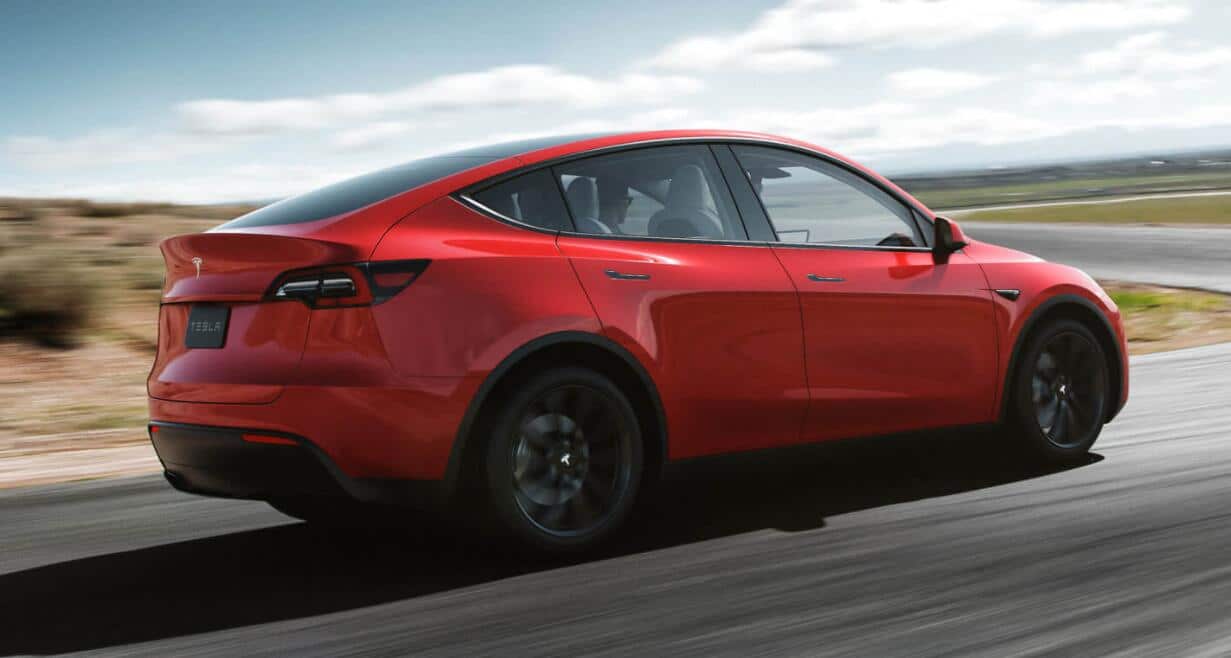In the eyes of Tesla CEO Elon Musk, their biggest competitor could come from the fast-growing Chinese market.
In a recent interview with Mathias Döpfner, CEO of Business Insider parent company Axel Springer, Musk said that traditional car companies still have a chance in the electric car competition. He said that VW is moving toward electrification and that Chinese companies are moving very fast in the transition to electrification.
He predicted that Tesla's biggest future competitor could come from China, where the market is extremely competitive and where there are some very good companies and they work very hard.
The following is from Business Insider:
Döpfner: Do your incumbents have a fair chance at playing a role in the kind of competitive ecosystem, or is it too late for them?
Musk: It's definitely not too late. We are seeing a significant movement towards electrification from VW. And a lot of the Chinese companies are very, very, very fast. I would guess the most competitive company for Tesla might be a company that was created in China. The market there is extremely competitive. They have some very good companies, and they work super hard. But at this point, all the major car companies, if not 80%, then 90%, have said they're moving quickly towards electrification.
Tesla's cumulative annual deliveries of 499,600 units in 2020 are slightly below its annual sales target of 500,000 units.
On January 1, Beijing time, Tesla officially launched the China-made Model Y with a starting price of RMB 339,900, down a whopping 24.17% from the pre-sale price of RMB 488,000 released in August 2020.
On January 2, it was reported that the car sold 100,000 units in 10 hours. Tesla insiders said the figure was inflated, but it did sell well.
On the dramatic price cut of the Tesla Model Y, Nio founder William Li Bin said on January 3 that the pricing of the China-made Model Y was higher than he expected and that he had expected it to be within RMB 300,000 yuan.
Xpeng CEO He Xiaopeng also said, "The price cut has proven to be just a way to market the car, and it's also definitely a double-edged sword."
